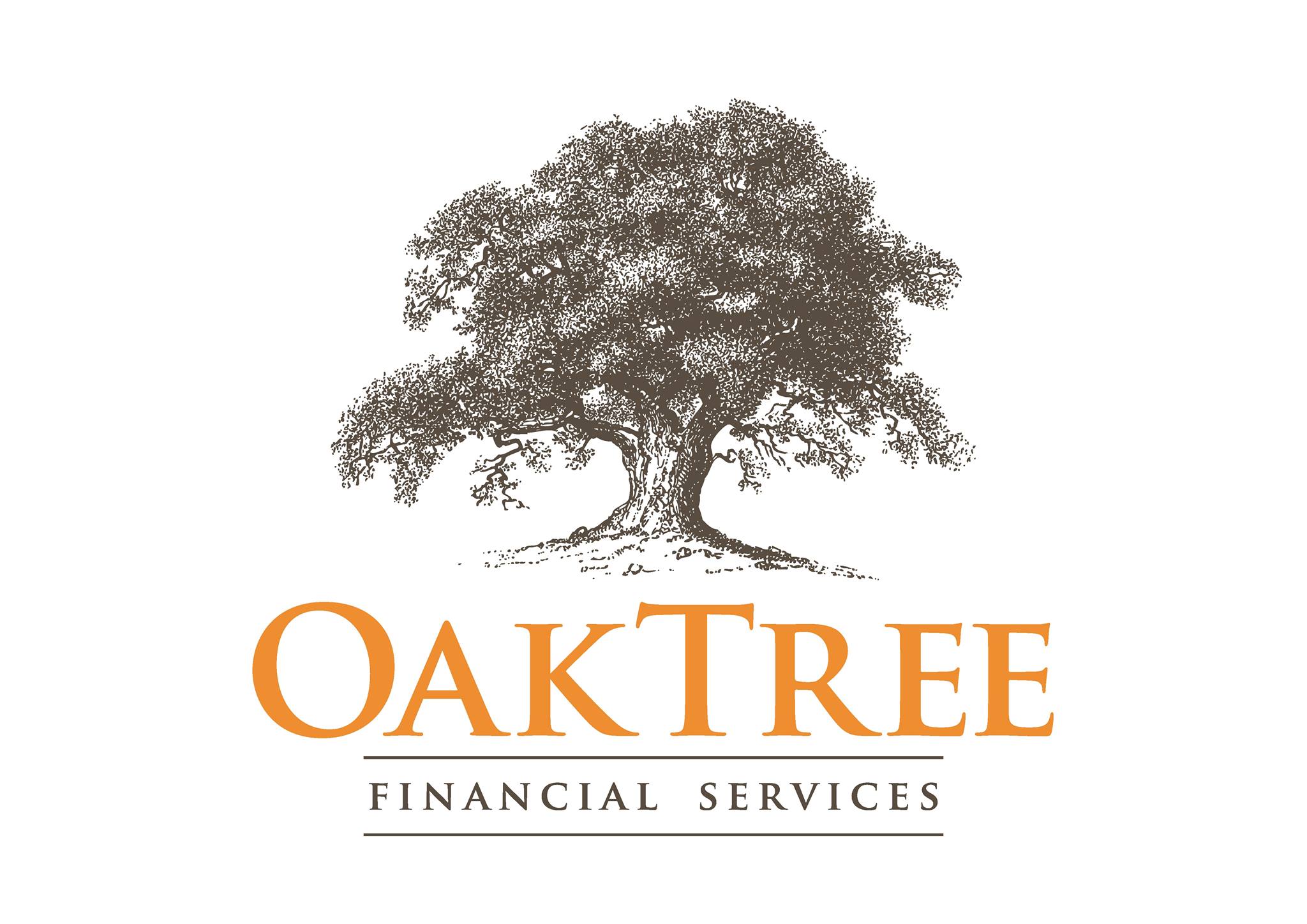Financial advisors can assist their clients with their finances in a number of ways. In fact, they often specialise in some combination of investment management, financial planning, savings, tax efficiency, and more. This makes them especially valuable for those with specific financial goals in mind.
Many financial matters you and your family may come across can be quite complex. This could involve building an investment portfolio, preparing for retirement, protecting your estate so you can pass it on to your children, and even more. Managing all of this on your own can be time-consuming and tough to understand.
A financial advisor can help you make sense of many different types of financial topics and issues. Financial advisors can holistically examine your financial situation and help you craft a financial plan to ensure you make decisions that are in line with your larger goals. This type of expert advice can help you be sure you’ll get to retire when you want to.
Financial advisors also assist in obtaining maximum investment returns that are appropriate for your specific risk profile. They create an asset allocation that fits with your goals, adjusting it and tweaking it as you progress through life and those goals change. Financial advisors can also help you protect your assets, which becomes especially important as you approach retirement.
Who should have a financial advisor?
There is no specific age, career point or salary level when it becomes apparent that you need financial advice. Generally speaking, when your financial life is more complicated than simply depositing your salary and taking out money, it is time to find a financial advisor. However, many financial advisors have a minimum initial investment requirement, so you’ll have to make sure that the financial advisor you find is one who fits your financial situation at the time.
Another sign that it is time for you to get a financial advisor is if you’re in a major life transition. This could be anything from starting a family, receiving a sizable inheritance or going through a divorce. If you have kids, for instance, you’ll want to start thinking about saving up for their college education and possibly passing on an inheritance. The right financial advisor can help you do these things.
If you’re looking to set yourself on track to reach a financial goal down the line, a financial advisor can help. They tend to specialise in retirement, estate planning, college planning, taxes, and more. In addition to helping you build your portfolio and a financial plan, your financial advisor will consider your overall financial health and take steps to protect your assets over the long term.
Many financial advisors serve as both an asset manager and a wealth manager. This means they combine financial planning and investment management, which should leave you with a complete set of services.
What to expect once you hire a financial advisor?
Once you find a financial advisor, the real work begins. First and foremost, you’ll want to make your advisor aware of any financial matters that relate to what they’ll be doing for you. This could include discussing your goals for the future, detailing the size and contents of your investment accounts and assessing your current financial status.
The above is usually followed by some kind of questionnaire for you. This will help the advisor find out more about you as an investor, giving them a picture of your attitude to risk, your overall goals, and any specific investment choices such as funds you would like to avoid. These insights will inform their decisions. For example, your timeframe to retirement is extremely important, as are your income needs. In the end, the advisor will try to determine a few key factors: risk tolerance, time horizon, liquidity needs, long-term financial goals and investment preferences.
After your advisor invests your money and creates your financial plan, it should be mostly smooth sailing. You’ll of course need to check in with them regularly, to keep them fully apprised. You should also alert your advisor whenever your plans for the future change. The sooner you do that, the sooner they can begin adjusting your investments and plans.
The bottom line
There is no specific rule for when it is time to get a financial advisor. There are a few things to consider though, if you’re trying to decide if you need a financial advisor. If you have enough money in your bank account to start investing, you might want to find an advisor. Another sign you need an advisor is if you’re navigating a significant life change. For instance, if you’ve recently become a parent, finding a financial advisor can help you plan for your child’s future. Planning for retirement, a career change or a property purchase can all warrant a close examination of your finances to ensure you stay on track.
Do you need financial advice?
If you are looking for friendly and knowledgeable financial advice, get in touch with Oaktree Financial Services today. Book a 15-minute no-obligation complimentary chat with a member of the Oaktree team to discuss your professional and personal financial goals. No prior knowledge of financial services is required for the call as we will guide you through the process. Get clarity on your financial future with help from Oaktree.

Tracy Sumstad is a highly qualified and experienced Senior Financial Consultant with over 20 years of expertise in the Finance Sector. Tracy is well-equipped to provide comprehensive advice on financial planning and corporate solutions. Her focus lies in helping clients identify their unique values and goals, empowering them to make informed financial decisions that protect and enhance their wealth and success.


